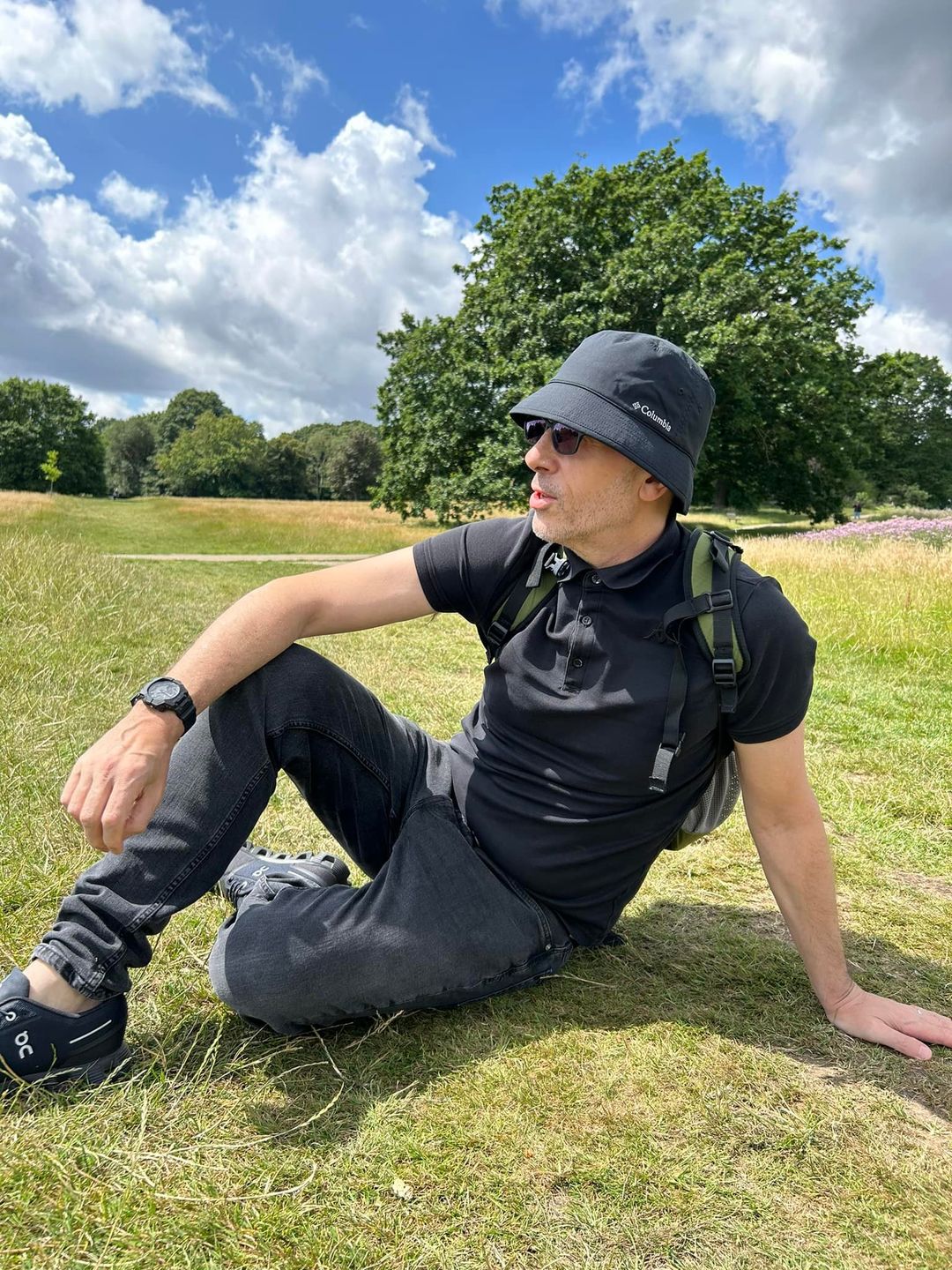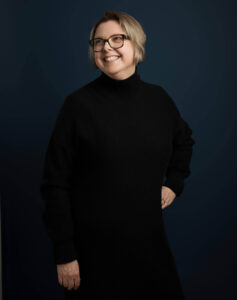I never followed a straightforward trajectory when it came to education.
I left school at 15, started a full-time BA degree at 37, began a distance MA at 49, and completed a part-time PhD just before my 56th birthday. Following my doctorate, I have a book release in December 2024. This all goes to show that it’s never too late to be a student.
My BA Degree at 37
My undergraduate major was Anthropology, as I had some kind of naive idea of eventually becoming an anthropologist carrying out ethnographies in exotic landscapes. However, even though I completed my degree, I lost interest in anthropology during my studies. This was because I became drawn to the philosophy that was taught and used as theoretical tools for ethnographic interpretation.
After completing my three-year BA in 2007, I wanted to do a Philosophy MA, but didn’t have the funds. Whilst tertiary education was on the backburner, I never stopped reading philosophy and, in a way, this made up for many of the philosophical tangents I never had time for during my degree.
Academic Limbo: A Nine-Year Hiatus
After the advent of the economic crash in 2008, I’d had enough of not having a way out of the poverty that I found myself in since leaving university. So, I threw the dice, and in 2011 went to China to teach English, long giving up the idea of an MA.
However, in my third year there, I found myself working with someone who was doing a distance MA. This inspired me to do some research, and I found a university that had a distance MA in the philosophy I was interested in. I enrolled in 2016, nine years after completing my BA.
My Part-Time Remote PhD
I loved the MA. It lasted 2.5 Years, and I passed with a distinction. This encouraged me to strike while the iron was hot and start a remote Philosophy doctorate with the university I had just completed my MA with.
Up until then, I didn’t realise that distance PhDs existed. At the time, remote PhDs (as far as I know) were just beginning. However, after Covid they became more common, as did online vivas (thesis defences). As I was working full time, I signed up for a part-time PhD. My first year was the literature review year, and then I had three years of lots of reading and writing.
No Hiccups, Prompt Completion
Because part of my PhD was carried out in the throes of strict Covid restrictions in China, I ended up with lots of time off at home. This accelerated the completion of my thesis.
However, I think my age was the main thing that allowed me to complete my part-time PhD in three years after the literature review year. Because my children were adults and because my social life had greatly diminished with age, I had no distractions. My focus, apart from work, was on the thesis. In other words, for me, my age was a positive thing, not a negative, when it came to doing a PhD.
Also, for some reason, unbeknown to me, my thesis flowed very smoothly with no major hiccups; I just always seemed to know what I wanted to write next. As such, my thesis was very straightforward and was completed in a relatively short period of time, considering I was a part-time student. This allowed for a prompt completion of the PhD.
The Importance of Choosing Supervisors Carefully
One thing I would like to stress, is that one of the most important things regarding a PhD, apart from writing about something that interests you, is choosing a supervisor who not only knows your field but is easy to work with. This is another reason that I decided to go straight from my MA to a PhD with the same university – my MA tutor, who would be my PhD supervisor, fit these criteria.
As you know, two supervisors are often needed for doctoral studies. My other supervisor was from a different university, but apparently I could do the unheard of and have supervisors from separate universities. This was because I was a distance student, and all my PhD meetings would be online. This supervisor was also extremely knowledgeable in my field and easy to work with, and this helped tremendously. There are stories out there about extremely awkward supervisors. So be careful about who you choose.
This is also the case for PhD examiners. Choose wisely who you want to examine your PhD. Like my supervisors, both of my examiners were well-grounded, both in their field and as people. As such, my viva went extremely well, and I had hardly any changes to make to the thesis.
Final Thoughts
I believe that if you have well-grounded people as supervisors, study something you are really interested in, and most importantly have the time (and few distractions) that a PhD requires, a doctorate should be straightforward for you too.
Depending on the field you are in, a distance PhD might also be something to consider. Not only do they allow for more study time, but they also cost less.
Lastly, I would like to say that in the current climate, having a doctorate may not necessarily lead to an academic position, or a position that you would accept knowing that there is little chance of tenure. However, it can lead to you becoming an independent academic, as I am now – my first book will be released in December 2024. Being independent has positive sides to it, and one never knows where it will lead. One advantage is that you can study and write what you wish to, and get your work published at your own pace, without the pressure of the ‘publish or perish’ dictum that is common in universities.






